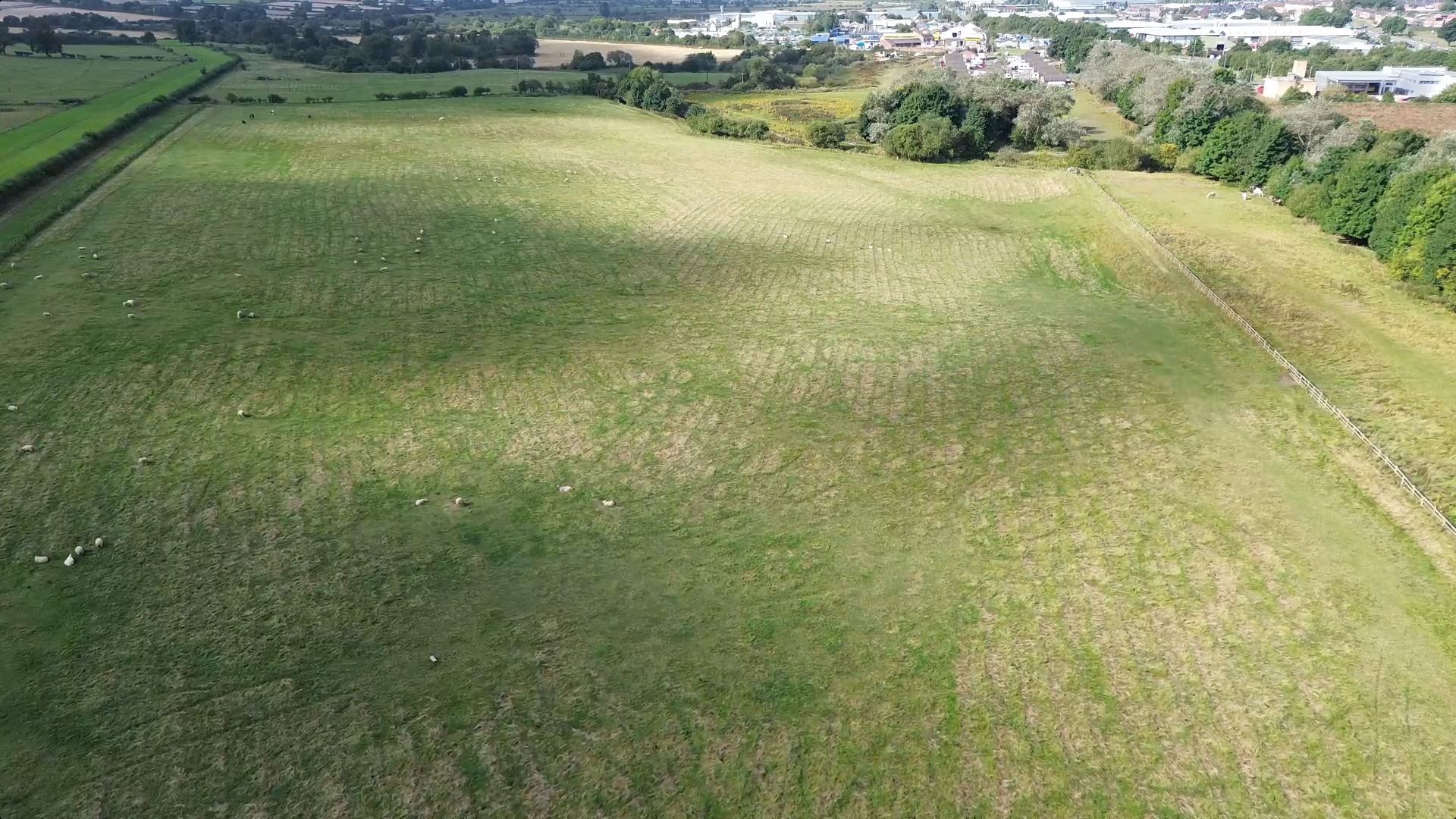Northumbrian Water is set to transform an area of poor quality grassland in County Durham into a thriving habitat for flora and fauna.
With work underway on Project Pipeline: County Durham and Tees Valley, a circa £155m investment in upgrades to the water supply network across the area, Northumbrian Water is taking over the 15-hectare site, between Shildon and Bishop Auckland, on a 31-year lease.
The aim is to deliver “Biodiversity Net Gain” in relation to the project, helping to leave the local environment in a better state than it was in at the start of the work.
This is the first time the water company has tied Biodiversity Net Gain to investment being carried out on its network. Biodiversity Net Gain is an approach to development, and, or land management, that aims to leave the natural environment in a measurably better state than it was beforehand.
The site runs alongside the River Gaunless and currently comprises modified grassland, with low species diversity.
Work to address this will include:
- Converting the grassland to ‘other neutral grassland’ with native grasses and wildflowers to be seeded across 27 acres
- Planting over 1,000 metres of new native species hedgerows and restoring 140 metres of existing hedge along the length of the site
- Creating new areas of scrub and woodland, and
- Enhancing an existing pond and creating three new ponds
Uncontrolled access to the riverside by grazing animals is also contributing sediment into the Gaunless, which the company plans to address through the addition of fencing, to protect the water quality.
Work will also be carried out along the route of the new project, with land restored as construction is completed along the way, but this additional site will allow for greater benefits to be delivered.
Stuart Pudney, Conservation and Land Manager at Northumbrian Water, said:
“Project Pipeline: County Durham and Tees Valley is a huge investment for us, protecting vital water supplies for the future.
“Developing this plan for a Biodiversity Net Gain project close by offers us the opportunity to enhance the environment at the same time, and long into the future. It’s a really exciting ‘first’ for us and the potential for making this a home to new species, such as skylark, is something we hope people across the area will be really enthusiastic about.”
An agreement has been reached with the existing landowner and other partners to ensure the management of the site delivers benefits for the environment and wildlife.
Project Pipeline: County Durham and Tees Valley is one of the biggest projects undertaken by Northumbrian Water in recent years and adds resilience to the network connecting water treatment in Teesdale with customers across the south of the county and over into the Tees Valley. This includes replacing sections of the network that have served the area for more than 100 years. A new replacement pipeline is being constructed, connecting Lartington Water Treatment Works with Gainford, and a new pipe will link underground reservoirs at Whorley Hill and Shildon, and up into Spennymoor.



